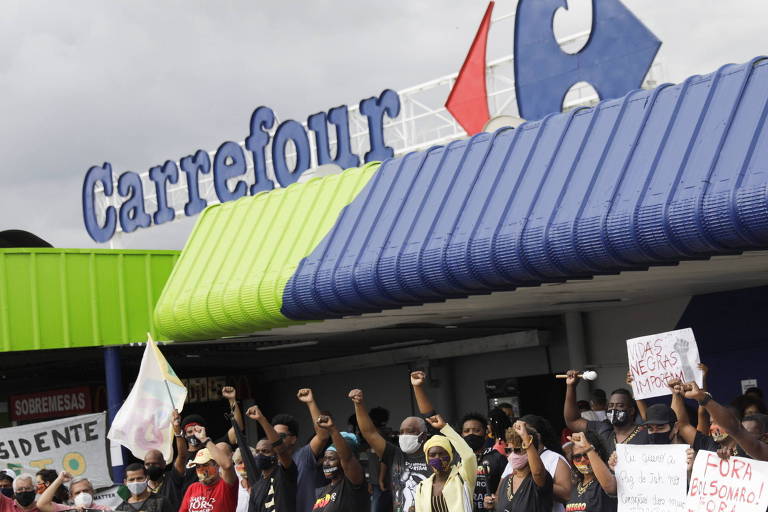The murder of João Alberto Freitas, a 40-year-old black man, by Carrefour security guards in Porto Alegre sparked anti-racist mobilizations across the country. It drew similarities to the George Floyd case in the USA.
When asked about the death in the supermarket, the vice president of the Republic, Hamilton Mourão, said that there is no racism in Brazil, and President Jair Bolsonaro declared that there are "attempts to import tensions outside our history" into our territory.
Both reproduce a discourse widely used during the military dictatorship, according to UFF (Fluminense Federal University) sociology professor Flavia Rios. The military dictatorship promoted the existence of a racial democracy.
“For the country [the idea] was not only important for ameliorating internal conflicts but also for promoting this racial democracy to the world, due to economic interests,” says Rios about the period of the dictatorship, from 1964 to 1985.
Rios organized with researcher and professor Márcia Lima (USP) the recently launched “For an Afro-Latin American Feminism” (ed. Zahar), book by Lélia Gonzalez.
Translated by Kiratiana Freelon
